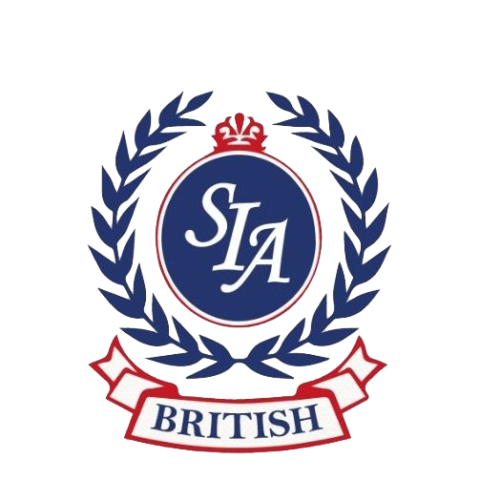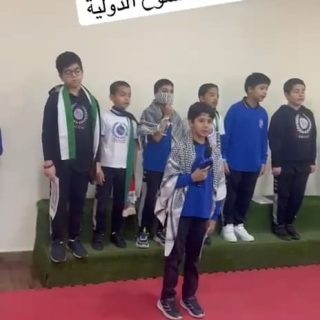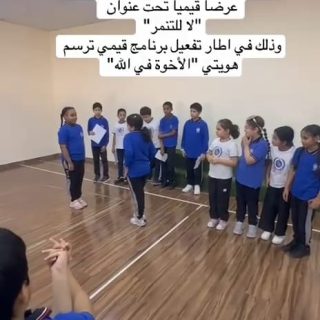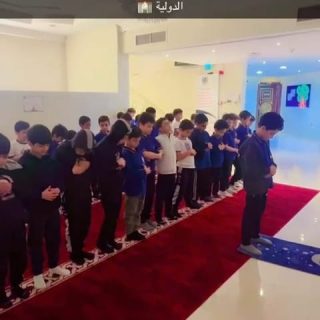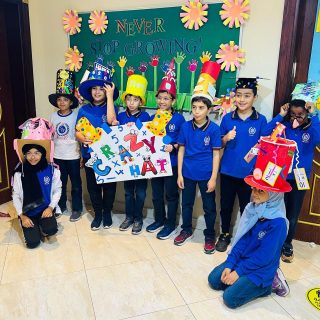PRIMARY
English
The British curriculum has world-leading learning objectives that set out the vision, values, key competencies, and learning areas for our school and students. The standards we follow in reading and writing have been aligned closely to the curriculum of English which also supports key initiatives such as literacy progression through a Reading Program. The literacy learning progressions describe the specific literacy knowledge, skills, and attitudes that students draw on in order to meet the reading and writing demands of the curriculum. Literacy in English is critical in enabling students to engage successfully with all aspects of the curriculum. The key competencies and all the learning areas depend on students being able to understand, respond to, and use a variety of forms of written language (as well as oral and visual language) in order to think about, locate, interpret, and evaluate ideas and information and to communicate with other people.
Teachers at Al Shoumoukh ensure that their students develop the literacy expertise that will enable them to engage with the curriculum at increasing levels of complexity and with increasing independence. As students progress through schooling, they need to be able to read and write increasingly complex texts and to engage with increasingly complex tasks. Our curriculum takes account of this increasing complexity and describes the literacy expertise that students need in order to meet these demands.
Math
Our curriculum aims at the development of successful individuals who are motivated to learn and explore; who are inquisitive and eager to seek, use and create knowledge, who are confident and competent individuals who have a firm belief in Islam, a strong sense of self and cultural identity, and believe in their own capabilities; are responsible and productive contributors to their own family, their community and the global society. The main goals of mathematics education are to prepare students to use mathematics confidently to solve problems to communicate and reason mathematically, appreciate and value mathematics and to be able make connections between mathematics and its applications. The Mathematics curriculum is structured in such a way that it paves the road to achieve the vision of the National Curriculum. Mathematics learning experiences assist students to develop and understand mathematical concepts along with process skills and the pedagogical approaches, emphasises students to participate in practical hands-on experiences, to explore and find ways to solve real life problems using mathematical knowledge and skills. During this process of solving problems, the students are required to pose questions, predict and find answers for themselves and develop themselves as successful learners who are eager to learn and explore more. Mathematics provides ample opportunities for students to develop their critical thinking skills along with values that would build their self-confidence and self-esteem. Students will be given opportunities to relate learning beyond their classroom, such as working on authentic tasks. Engagement and involvement in these activities ensures that students acquire the knowledge, skills and values to be competent global citizens in the society. A blend of the variety of experiences ensure that students are fully equipped as active participants in the ever-changing world.
Science
A high-quality science education provides the foundations for understanding the world through the specific disciplines of biology, chemistry and physics. Science has changed our lives and is vital to the world’s future prosperity, and all students are taught essential aspects of the knowledge, methods, processes and uses of science. Through building up a body of key foundational knowledge and concepts, students are encouraged to recognise the power of rational explanation and develop a sense of excitement and curiosity about natural phenomena. They are encouraged to understand how science can be used to explain what is occurring, predict how things will behave, and analyse causes.
Our curriculum for science aims to ensure that all students develop scientific knowledge and conceptual understanding through the specific disciplines of biology, chemistry and physics, develop understanding of the nature, processes and methods of science through different types of science enquiries that help them to answer scientific questions about the world around them, and are also equipped with the scientific knowledge required to understand the uses and implications of science, today and for the future.
